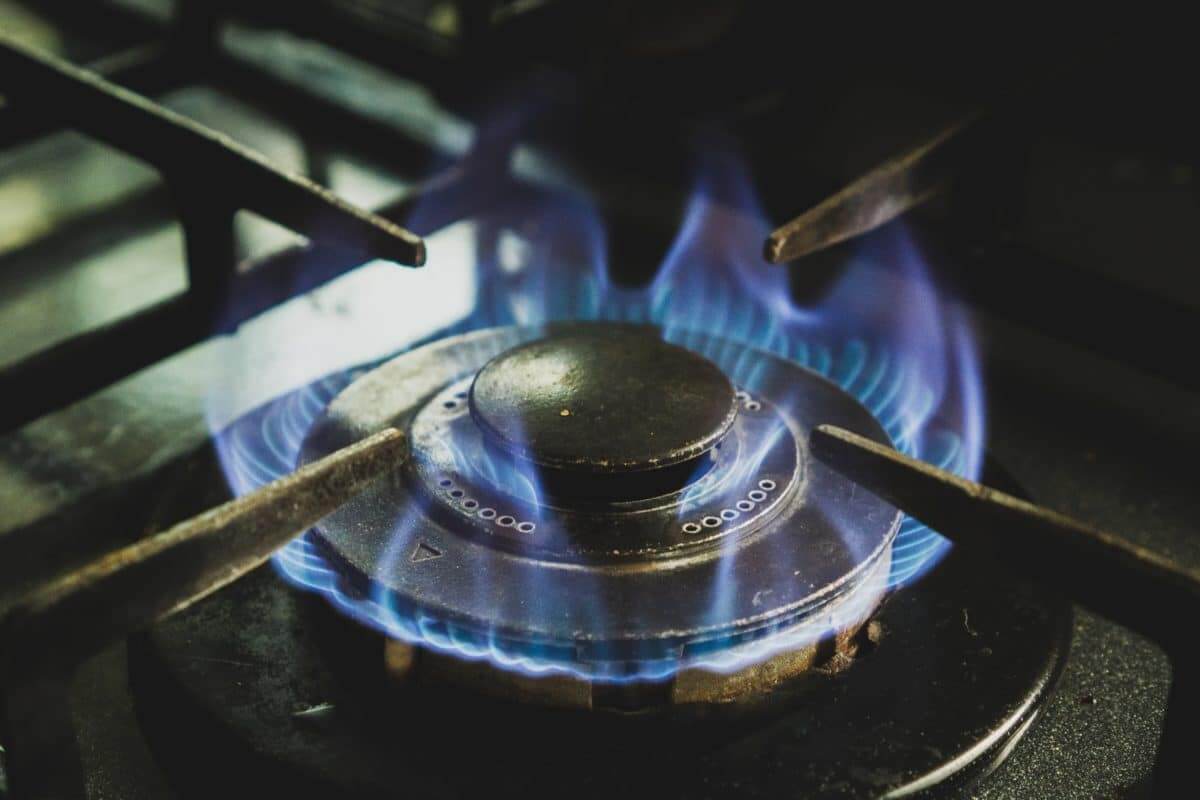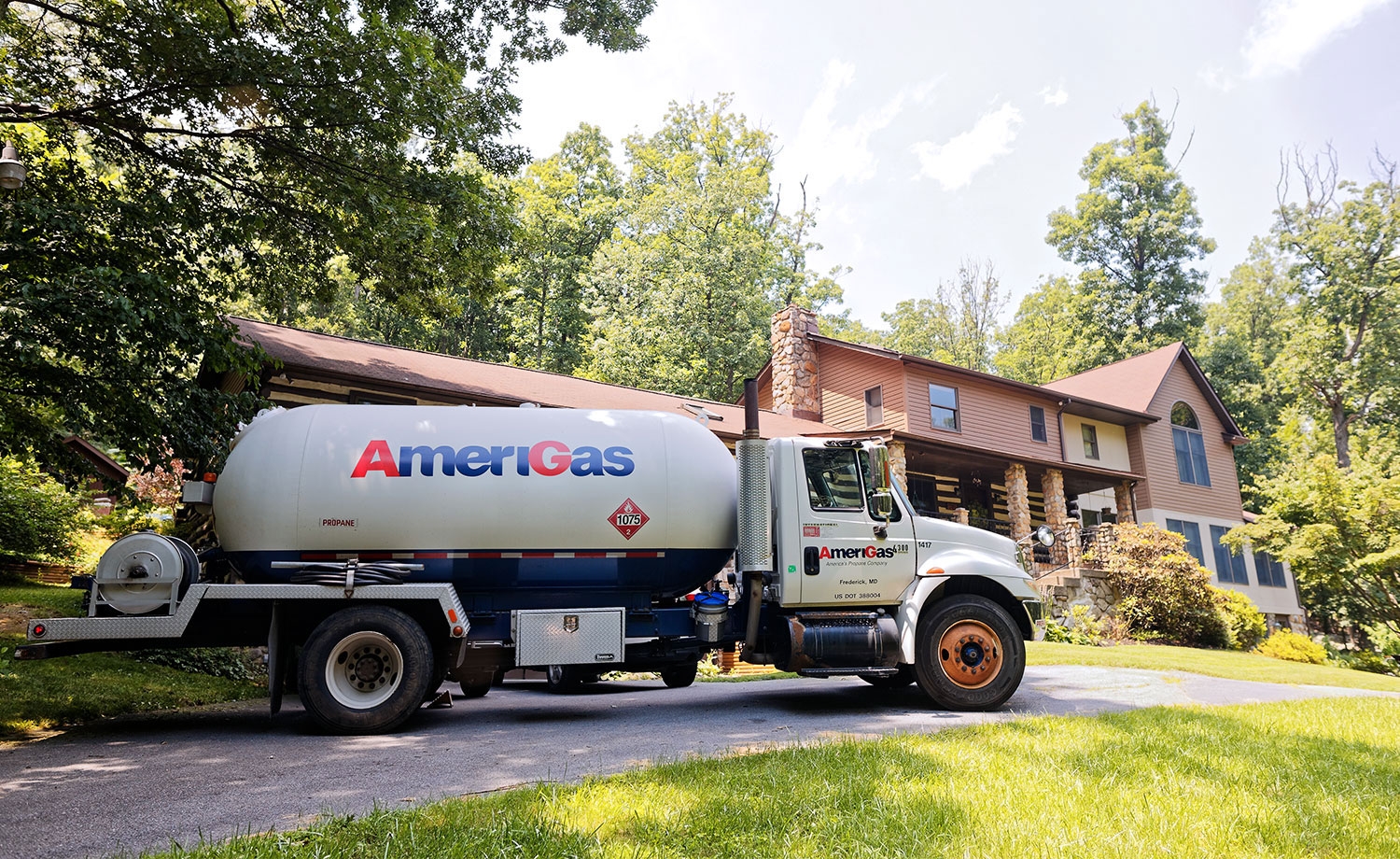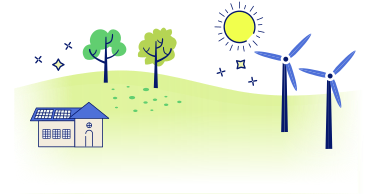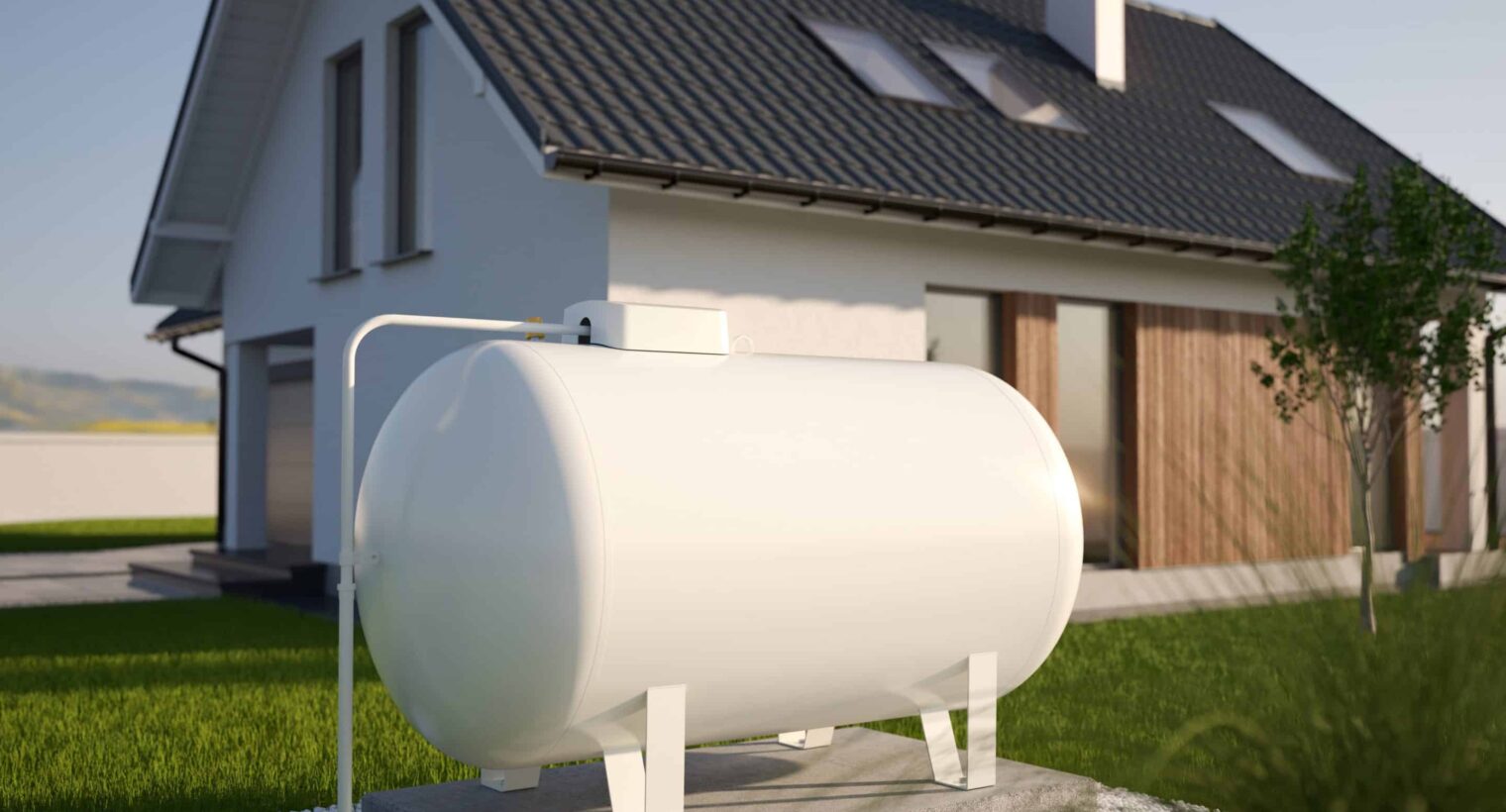This article is your complete guide to knowing the difference between propane vs. natural gas. Natural gas is delivered through pipelines and is typically cheaper and more convenient for homes connected to a municipal gas line, while propane is stored in tanks and offers a higher energy content per unit, making it ideal for rural areas or portable use.
Here at The Energy Professor, we want to give you the information you need to not only save money on your energy bill, but to also become more energy efficient. We hope you find this post helpful!
The Energy Professor Electricity Rate Check Tool
Natural Gas Vs Propane Gas – Which is Cheaper?
If you were to compare per unit, natural gas is cheaper than propane. Not only is it cheaper, but natural gas is also the preferred method of heating in the US. Both propane and natural gas are popular fuels for heating homes, cooking, and running appliances, but they have some key differences.
Natural Gas:
- Source: Natural gas is primarily composed of methane and is extracted from underground wells. It often comes from the same fields as oil.
- Delivery: It’s delivered to homes through a network of pipelines. If your home is connected to a municipal gas line, you’re using natural gas.
- Cost: Generally, natural gas is cheaper than propane on a per-unit basis, but prices can vary by region and availability.
- Energy Content: Natural gas produces less energy per unit volume compared to propane. This means you might need more natural gas to produce the same amount of heat as propane.
- Convenience: With natural gas, you don’t need to worry about running out or scheduling deliveries since it’s piped directly to your home.
Propane:
- Source: Propane is a byproduct of natural gas processing and petroleum refining. It’s stored as a liquid under pressure in tanks.
- Delivery: Propane is delivered to homes in tanks or cylinders. You need to refill or replace these tanks when they’re empty.
- Cost: While it can be more expensive per unit than natural gas, propane is often used in rural areas where natural gas pipelines aren’t available.
- Energy Content: Propane has a higher energy content per unit volume, so it burns hotter and you need less of it to produce the same amount of heat as natural gas.
- Portability: Propane is portable, making it a good option for homes not connected to a gas line, and it’s also commonly used for grills, RVs, and portable heaters.
Why is Natural Gas a Preferred Method of Heat?
- Safety. Lighter than propane, natural gas dissipates more quickly than propane when released into the atmosphere. So, you could claim that natural gas is a little safer than propane which takes a little longer to dissipate.
To find out which burns cleaner, we need to compare the BTU of the two methods. BTU, or British Thermal Units, is the standard measurement for heating efficiency. While you can have more energy-efficient appliances and a lower kWh rate, propane will still burn cleaner than natural gas. Propane has a BTU of 2490 while natural gas’s BTU is around 1030. That’s almost double the BTU for propane! This means that even if you’re paying more for propane per unit, the fuel will still burn cleaner. It will also heat your home more efficiently.
Related Post: Which is Better: Gas or Electric Dryer
Is Propane the Same as Natural Gas?

While propane is a product of fossil fuels like natural gas, they are not the same. Knowing this can help you understand your energy bill a bit more thoroughly! In terms of heating your home, you have a couple of different options. The most popular being electricity, natural gas, and liquid propane. When using propane gas for home, propane furnaces convert propane stored in a tank into a gas. This gas then moves warmth across a heat exchanger. When this element reaches a set point, a blower will then transfer the heat across the heat exchanger before it is distributed through the duct system.
What is the Difference of Propane and Natural Gas?
- The main difference between the two is that propane is compressed into a liquid form and natural gas remains in its gaseous state. Propane is also typically delivered to the home by truck and stored in a permanent storage tank on the property. Natural gas, however, is delivered to the home via a pipeline.
So, what is natural gas used for in homes? Anything you need heat for! Think of hot water, cooking, or drying your clothes. All of these activities require natural gas or propane.
Related Post: How Much Electric Does an Oven Use?
Is Propane Cheaper Than Gasoline?

Since propane is a liquid, it is often compared to gasoline. However, the cost of gasoline is typically higher than propane. Propane is also a greener way to heat your home. But when used to run your vehicle, gasoline has a better average fuel economy. Some argue that propane’s lower cost per gallon allows for cheaper operating costs overall. But when using propane for a vehicle, you have to consider that any cost savings related to lower fuel pricing need to be evaluated with the cost of the vehicle conversion.
What are the Cons of Propane?
- Propane produces fewer BTUs per gallon than oil heating.
- Propane-burning equipment often costs more to purchase than heating oil-based systems.
- Propane is combustible in the air, so precautions are needed to operate the equipment safely.
Switching from one fuel source to another may require the mass purchasing of new appliances. You would have to invest in a new furnace, stove, grill, and other appliances that need heat. In some cases making expensive infrastructure upgrades is also necessary. Even if natural gas does turn out to be cheaper for your home, this investment can take years to recoup.
Related Post: Is There A Gas Stove Ban?
Propane VS Natural Gas FAQ

Q: How do I Know When it’s Time to Refill a Propane Tank?
A: You should change out or refill your tank when the tank feels light, Your Gauge Tells You It’s Low, The Flame Sputters On Your Propane Appliances, It’s Been a Few Months, The Tank Fails the Hot Water Test, Your Grill Won’t Light, or when You’re Thinking About the Changing Seasons.
Q: What is a BTU?
A: BTU stands for British Thermal Unit. This is the standard measurement for heating efficiency. While most appliances are marked as energy efficient, the way to tell how efficient is to know the BTU.
Q: Is Liquid Propane the Same as Natural Gas?
A: No, as the name states, liquid propane is a liquid fuel. Natural gas is a fuel that is burned in its gaseous state. However, both are derivatives of fossil fuels and are used as a heat source.
Q: Are there Natural Gas tanks for homes?
A: No, there are no permanent natural gas tanks allowed on private property. Unlike propane, natural gas is delivered via pipeline from your supplier. There is no need to refill or purchase more natural gas. It is delivered to you upon your use.
Q: What is Propane Gas Used For?
A: Propane is used for an array of heating, cooking, and drying appliances. Anything from your stove and oven, to your dryer or furnace can all run on propane. The most common use for this liquid is grilling.
Do you Need Cheaper Electricity?
If you’ve taken the time to understand the information on your bill and discovered you’re paying more than you’d like for your electricity, have you looked around for a cheaper deal? The Energy Professor has a wealth of information on ways to save on your utilities, including details of top deals that could significantly reduce your monthly or quarterly electricity bills.
We hope you found this article helpful! If you are looking for ways to increase energy efficiency and sustainability in your home be sure to take a look at all of the latest renewable energy options in your area. The Energy Professor helps residential and small business owners find qualified energy suppliers in New York, New Jersey, Pennsylvania, Texas, Ohio, Maryland, Illinois, and Massachusetts.



